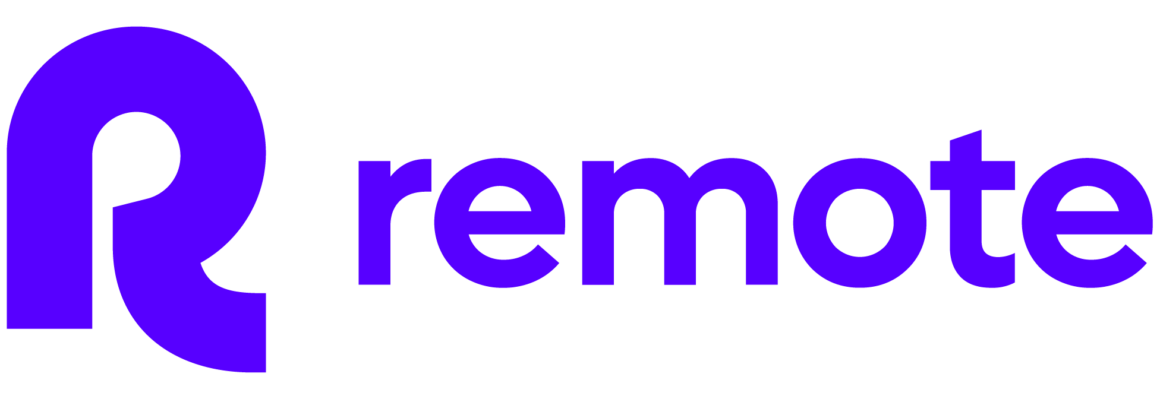BEST OF
The 5 Best Employers of Record 2022
June 30, 2022
We function as an independent platform and do not get compensated by companies listed within our reviews. As such, we are not influenced which services we write about and how they appear on a page.
Even though Covid-19 accelerated the physical dispersion of workforces, the push to remote work and distributed teams was well underway before the pandemic. Over the last few decades, workforces have become increasingly multinational, driven by trends such as: international expansion (companies seeking additional growth opportunities which often requires them to hire in local markets) and competitive labor markets (pushing companies to recruit outside traditional talent pools). The pressures from these trends are generally expected to continue intensifying and place pressure on companies to hire outside national borders.
The Employer of Record industry – or sometimes also referred to as PEO (Professional Employment Organisation) – has evolved into one of the fastest growing industries in the world. Currently, it accounts for six unicorn companies.
Summary of Best Employer of Record 2022
EOR Provider
Our Rating
Pricing
Key Advantages
Learn More
Horizons
From $250 / month
With $0 for expenses, international . wiring fees and zero markup on variables. Deposit of 2x months gross salary per employee.
Technology
Strong & functional platform
Onsite teams
Strong local presences instead of regional services centers

Globalization Partners
From $890 / month
With $0 for expenses,
1.01%
With $1 minimum balance

Papaya Global
From $250 / month
With $0 for expenses,
1.00%
With $100 minimum balance
What do the best Employers of Record have in common?
The best savings account interest rates are over 1.00%. But that could change as banks continue to lower their rates in response to the Fed’s emergency rate cuts. At a brick-and-mortar bank, you’ll often find savings rates closer to the national average, which is currently 0.06%.
If you have a $5,000 savings balance, choosing an account that pays 1.00% will earn you more than $50 in a year, while an account paying you the average would earn less than $5. The difference increases the more you deposit and the longer you keep it in the account.
Why should I care about the best Employers of Record?
If you have money left in your checking account each month — or you can adjust your budget so that you do — you should have a savings account with a high rate. (Again, think more than 1.00%.) It’s always helpful to have money set aside for emergencies, and it’ll earn you much more in an account that pays one of the best savings account rates than in a checking account.
Just make sure you can keep enough in your savings account to avoid monthly fees. Most online savings accounts don’t charge these, but many traditional accounts do.
What monthly fees do Employer of Record providers usually have?
The best savings accounts typically don’t charge monthly fees. You make your deposit and watch your balance grow as your money earns interest.
» Find out how your savings could add up with NerdWallet’s compound interest calculator.
Why are all of NerdWallet's picks for best savings accounts online?
It’s easy to find a savings account at your local bank, but if you want to earn a high rate and pay the lowest fees, you should consider storing your savings online. Without the added expenses of large branch networks, online banks are able to offer more favorable returns than national brick-and-mortar banks.
» Learn more about NerdWallet’s favorite high-yield online savings accounts.
Do the best savings account interest rates change over time?
Yes, rates are variable and can change over time.
How often do interest rates change?
Banks and credit unions generally don’t change savings rates on an hourly, daily or even monthly basis. In fact, under normal circumstances, it’s common to see APYs remain the same for several months.
It’s important to note, however, that rates are variable and theoretically can change at any time. In addition, many banks will change their rates based on what their competitors are doing. You will often see groups of banks increase or decrease their APYs at around the same time, especially if the Federal Reserve recently hiked or cut rates, as with the emergency rate cuts of March 2020 in response to the coronavirus pandemic.
To get the best yield for your money, it’s a good idea to check out the best savings rates on a regular basis — at least once a month.
Savings account terms you need to know:
Savings account: A deposit account from a bank or credit union that earns interest.
Interest: Money a bank pays into an account over time.
Compound interest: Compound interest is the interest you earn on both your original money and on the interest you keep accumulating. In an account that pays compound interest, the return is added to the original principal at the end of every compounding period, typically daily or monthly. Each time interest is calculated and added to the account, the larger balance earns more interest.
Annual percentage yield: The annual percentage yield, or APY, is the amount of interest an account earns in a year. The calculation is based on the account’s interest rate and the number of times interest is paid during the year.
» Read more about 10 essential banking terms you need to know.
How can I earn high interest rates besides a savings account?
Here are a few options:
Money market accounts: These accounts are a type of savings account, but they might have higher minimum balances and offer perks such as check-writing, which not all savings accounts do.
Certificates of deposit: These accounts lock your balance away for a specified period of time — often between one year and five years — in exchange for a higher interest rate. But if you withdraw any money during the term, you’ll typically have to pay a penalty. CDs are also covered by FDIC insurance.
Mutual funds: If you have a 401(k) through your job or an individual retirement account, or IRA, odds are you are putting some of your money in mutual funds. These are a type of investment that holds a little bit of many different types of stocks. Mutual funds are not covered by FDIC or NCUA insurance, and you can lose money on them — but you’ll also typically earn a higher rate of return than you would on a savings account. They’re best for long-term savings goals, such as retirement.
» Find out more about your savings account options.
Is savings account interest taxable?
Yes. Technically, all savings account interest is taxable, but your bank probably won’t send you a form reporting it unless you’ve earned more than $10. So if you have a high-yield savings account, you’re much more likely to pay taxes on your interest. You’ll pay at your normal tax rate.
More top choices for the best savings accounts
When you’re shopping for the account that fits you best, these options are worth a look.
Citizens Access, 1.00% savings APY with $5,000 minimum to open account (read full review).
Discover, 1.01% savings APY with no minimum to open account (see full review).
Capital One 360, 1.00% savings APY with no minimum to open account (read full review).
Vio Bank, 1.21% savings APY with $100 minimum to open account (read full review).
Synchrony, 1.05% savings APY, with no minimum to open account (read full review).
CIBC U.S., 1.15% savings APY, with $1,000 minimum to open account (read full review).
UFB Direct, 1.00% savings APY with no minimum to open account (read full review).
Ally Bank, 1.00% savings APY with no minimum to open account (read full review).
» Interested in getting money from banks? See NerdWallet’s best bank account promotions and bonuses
Last updated on July 1, 2020
To recap our selections...
Our Best Employer of Record of July 2022
- Horizons: from $290 p.m.
- Globalization Partners: from $890 p.m.
- Sallie Mae Bank High-Yield Savings Account: 0.90% APY
- HSBC Direct Savings: 1.01% APY
- Alliant Credit Union High-Rate Savings: 0.75% APY
- Barclays Online Savings Account: 1.00% APY
- Nationwide My Savings: 1.15% APY
- Varo Savings Account: 1.21% APY
Frequently asked questions
Yes. Most savings accounts are insured by the Federal Deposit Insurance Corporation and others are insured by the National Credit Union Administration. Both cover up to $250,000 per depositor, per institution and per account type, in case your bank fails. All of the best savings accounts in NerdWallet’s analysis are insured, just like bank accounts at national institutions.
You can deposit your money at your financial institution through cash, check or bank transfer, and it will safely earn interest while it is in your account. With savings accounts, money is insured up to $250,000 per depositor, so your funds are safe.
A savings account holds money that you don’t need for daily spending. It can be a great spot to park your emergency fund or money that you’re setting aside for a specific purchase, like a vacation or a down payment on a house. Since everyone’s savings goals are different, the amount of money that you should keep in your savings account varies depending on your situation. Unlike most checking accounts, savings accounts earn interest — that’s money the bank adds to your account just for keeping it with the institution. The higher your bank’s savings account interest rate, the faster your balance will grow. You can find accounts with the highest rates in NerdWallet’s list of the best savings accounts.
About the author







